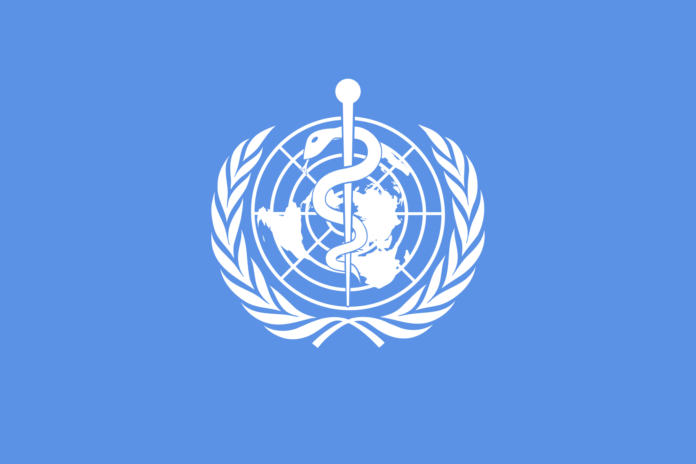
The 2017-18 flu season was the worst in the United States in decades. Chapel Hill High School had a whooping cough outbreak in January 2018. Throughout 2018, there were 116 confirmed cases of a polio-like illness across the United States. In November 2018, a school in Asheville, North Carolina, had a chickenpox outbreak. On January 14, the World Health Organization (WHO) named vaccine hesitancy as one of the top ten global health threats in 2019. Severe illnesses seem to be making a resurgence, and the reason may lie with vaccine exemptions.
Asheville Waldorf School, a private school in Buncombe County, had the highest vaccine religious exemption rate in the county last year, according to Buncombe County Medical Director Jennifer Mullendore. In November of last year, 37 students at Asheville Waldorf School had contracted chickenpox. According to the Centers for Disease Control and Prevention, the best way to prevent chickenpox is vaccination.
Yes, shots are unpleasant. Yes, shots are inconvenient. But shots are not nearly as bad as contracting a severe illness or giving a severe illness to someone with a less rigorous immune system. We have a responsibility to ourselves and others to prevent the spread of deadly illnesses.
In North Carolina, all students must provide a vaccination certificate for multiple diseases, including chickenpox, though the law allows medical and religious exemptions. There is no form and no review process for religious exemption. Parents only need to submit a statement of “bona fide” religious beliefs against vaccination, making it far too easy to avoid important vaccinations that save lives. State Senator Jeff Tarte introduced a bill to the North Carolina Senate in 2015 that proposed removing religious exemption from childhood vaccinations, but it was dropped due to opposition.
It is easy to forget the importance of vaccinations, especially in developed countries like the United States. The World Health Assembly in 1980 declared smallpox, a severe disease that devastated populations all around the world for centuries, eradicated in 1980, a feat that would have been impossible without vaccinations. WHO reported that vaccinations prevent 2-3 million deaths per year and could prevent an additional 1.5 million deaths annually if global vaccination coverage increased. The importance of vaccinations cannot be covered by unsubstantiated claims and fears of the effects of vaccinations.
In 1998, Lancet, a medical journal, published a paper written by Andrew Wakefield and 12 others that suggested a link between the measles, mumps and rubella vaccine and autism. Lancet retracted the paper in 2010, and the British Medical Journal exposed Wakefield for fraud.
Celebrity Jenny McCarthy went on the Oprah Winfrey Show in 2007 and said that she believed her son developed autism after receiving the measles, mumps and rubella vaccine, furthering misinformation about vaccinations. The paper has since been debunked, but the fear of effects from vaccination persists.
Many people do not recognize the dangers of chickenpox and the flu. The flu, especially in conjunction with other diseases, is far more dangerous than many assume, endangering more than just infants and the elderly. As a young teenager, my sister almost died from a combination of the flu and pneumonia.
Ultimately, for me, it comes down to helping myself and others. A brief moment of pain and discomfort can literally save lives. If I choose not to get a vaccination, I am putting not only myself at risk, but also others, especially the young, immunocompromised and elderly. Religious exemption from childhood vaccination needs to be more carefully monitored or taken out from the law completely. Fear and paranoia cannot overshadow the vital importance of vaccinations and the essential role vaccinations play in maintaining health both globally and in small communities.












This is a great article! You bring light to an important issue in a way that is both informative and emotionally compelling, and you have an amazing command of the English language. I look forward to reading your future work.